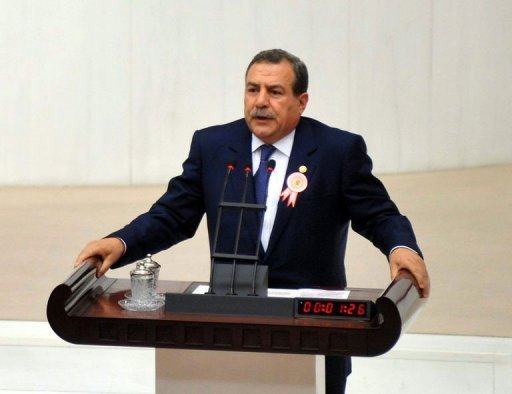Scholar: Patients should not sacrifice health to fast Ramadan
Medical practitioners should not advise their patients to fast for Ramadan if their health does not permit it, medical and religious experts have told The Daily Star Egypt.
Mohammed Seif Nasr, a cardiac surgeon at the Egyptian National Heart Institute had alleged in an article published in the local press Monday that there had been a rise in brain and heart-related illnesses near the end of Ramadan, and that this was a result of “fundamentalist doctors telling their patients to fast during Ramadan.
Nasr said, “In Islam, one who is suffering from an ailment is not compelled to fast but there are bearded doctors who are simply not telling their patients the truth.
Hossam Kamal, a cardiac surgeon from the Dar Al-Foad Hospital, told The Daily Star Egypt that a medical doctor would probably not advise patients to break their fast but also would not order them to fast either.
“I have met only one doctor who told his colleagues that we shouldn’t tell patients to break their fast. Kamal reiterated in the end that no doctor, religious or not, would intentionally harm his patients and doctors have a responsibility to provide the patient with as much accurate information as possible.
“I, and the majority of doctors, always advise my patients not to fast if their health doesn’t permit. Yet many patients do not listen, saying this is a personal thing between them and God. I tell them that they have a religious license not to fast due to their health, but in the end they do what they want.
From an Islamic perspective, anyone who suffers a chronic illness or whose state of health doesn’t permit him or her to fast will not be required to do so, Seif Mahmoud Ashour, former deputy head of Al-Azhar and member of the Islamic Research Council told The Daily Star Egypt.
Ashour cited ayahs (verses) 184 and 285 of Surat Al-Baqarah (Chapter of the Heifer) in the Quran, which state, “Allah intends for you ease, and He does not want to make things difficult for you, and “Allah burdens not a person beyond his scope.
Ashour added that the sick should not fast if it affects their health, life or livelihood and doctors are responsible for their patients’ lives, a trust that they cannot betray.
“Any doctor who [advises a patient to fast when their health doesn’t allow it] is a traitor to the oath he has taken, and is risking his patients’ lives.
Ashour summed up by stating that Islam doesn’t force people to do what they cannot do, therefore a person should not fast if physically incapable or if the fasting is harmful to his or her health.


